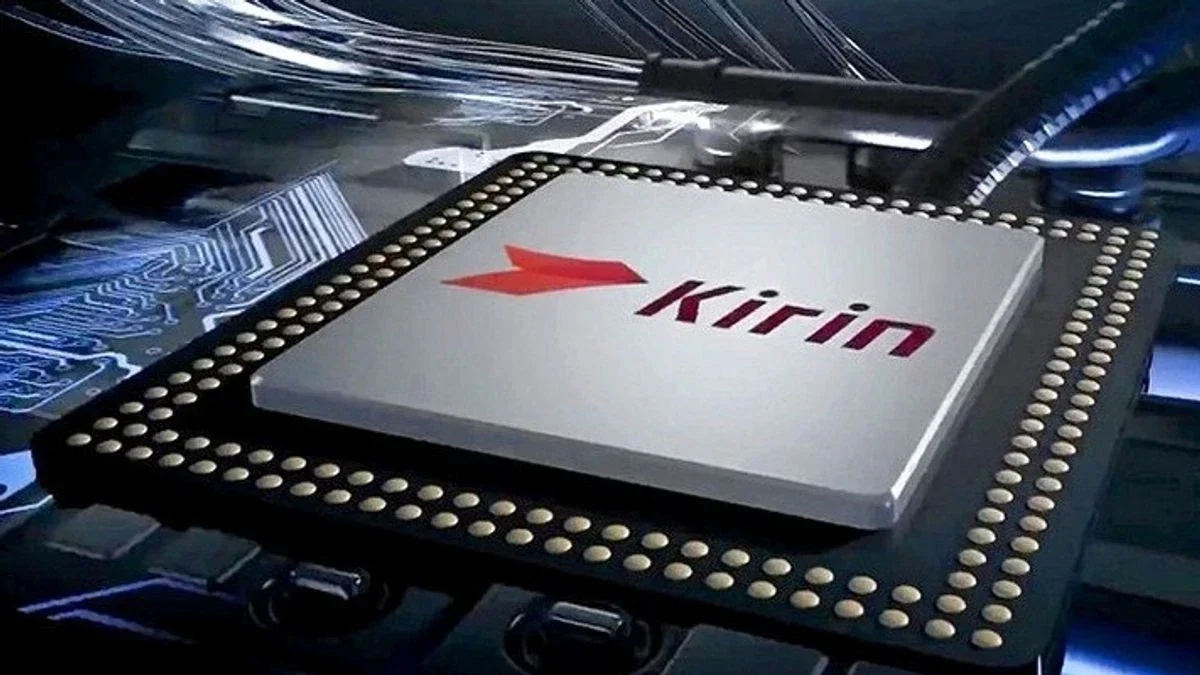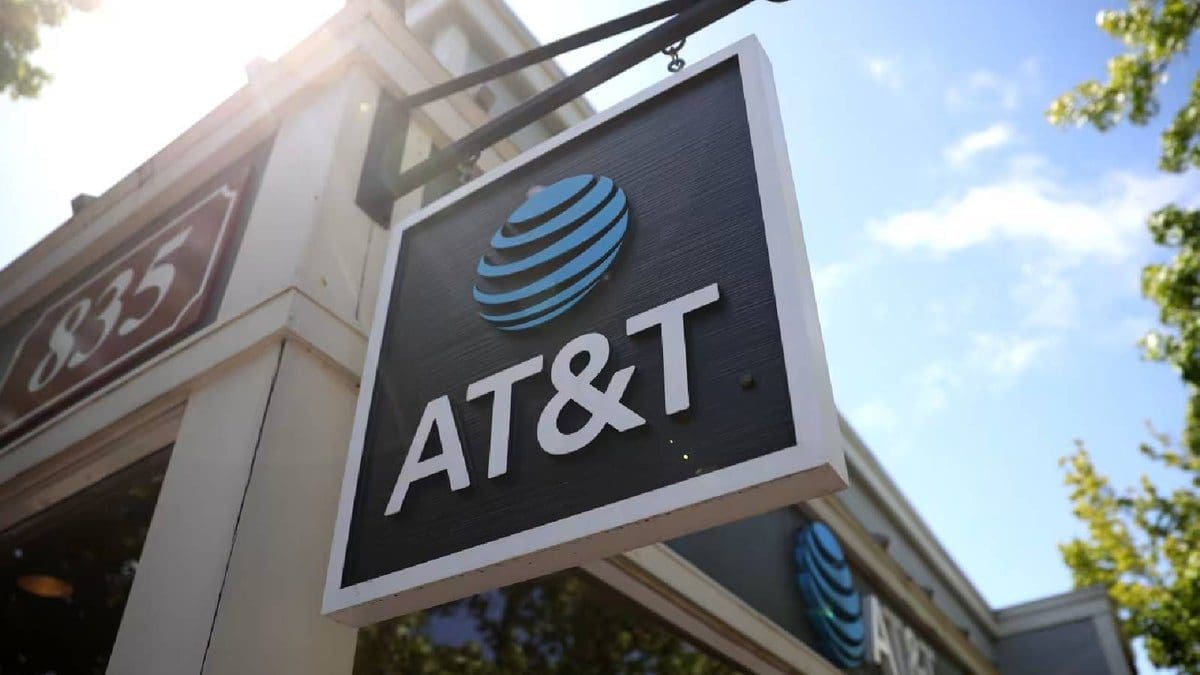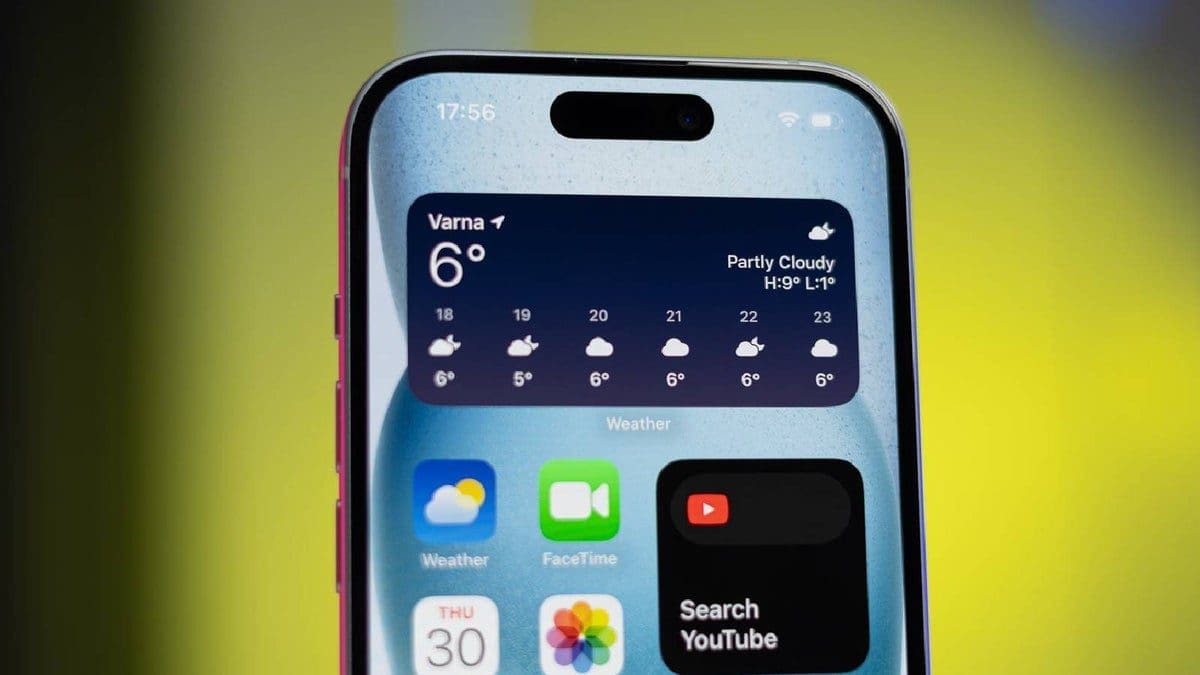Phones Canada has learned through Reuters that China’s leading foundry, Semiconductor Manufacturing International Corp. (SMIC), may have breached U.S. sanctions by producing the 7nm Kirin 9000s 5G application processor (AP) for Huawei. This particular chipset is being utilized by Huawei to power its Mate 60 series, marking the company’s return to the 5G phone market since 2020. This move came after the U.S. imposed stricter export regulations to prevent any foundry using American technology from supplying cutting-edge chips to Huawei.
Before these regulatory changes, TSMC had Huawei as its second-largest client right after Apple. However, with the new rules in place, Huawei was compelled to secure a license from the U.S. Commerce Department to utilize Qualcomm’s Snapdragon chips in its P50, Mate 50, and P60 flagship models. Nevertheless, these modified chips were incompatible with 5G networks. The development of the Kirin 9000s has been shrouded in controversy and secrecy.
Now, under the Biden administration, there are concerns that SMIC might have violated U.S. sanctions while manufacturing the Kirin 9000s for Huawei. During a recent congressional hearing, Representative Michael McCaul questioned Alan Estevez from the Commerce Department about this matter. Estevez declined to provide specific details but acknowledged that there are ongoing assessments and shared concerns about possible violations.
It is worth noting that SMIC lacks access to an extreme ultraviolet lithography (EUV) machine necessary for producing highly intricate circuit patterns on silicon wafers essential for positioning billions of transistors in advanced chips like the Kirin 9000s. The foundry relies on deep ultraviolet lithography (DUV) machines for manufacturing less sophisticated chips since ASML, the sole provider of EUV machines, is prohibited by the U.S. from selling them to SMIC.
Phones Canada will continue monitoring this situation closely as it unfolds and provide updates as more information becomes available regarding SMIC’s alleged violations of U.S. sanctions while producing components for Huawei’s latest smartphones.









